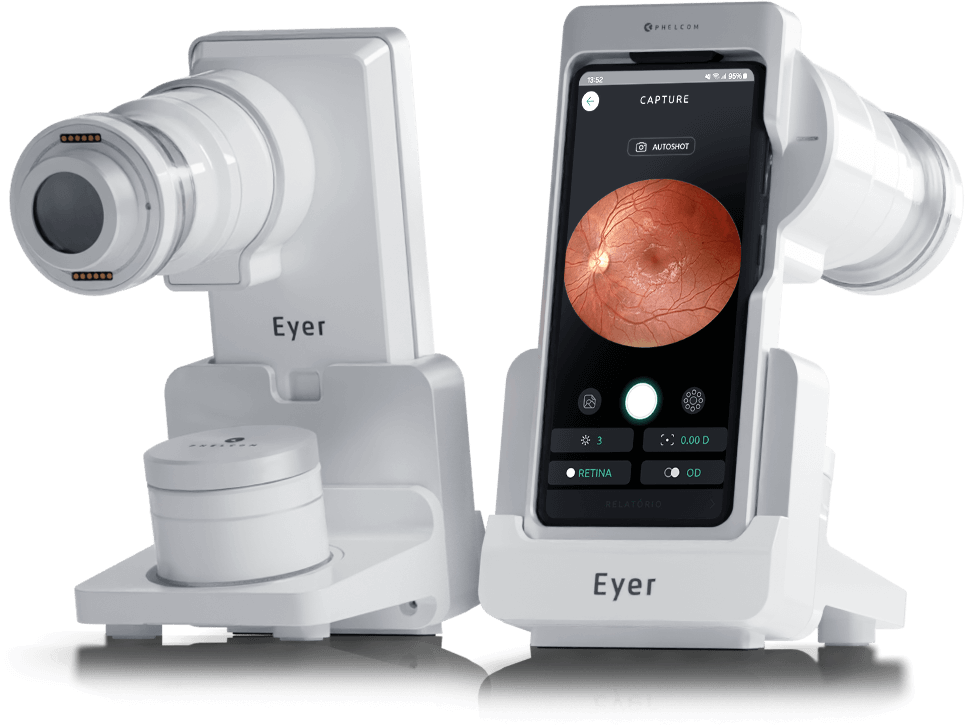Several countries are investigating if covid-19 potentiates infections by other pathogens, such as fungi. In Brazil, a study by the Federal University of São Paulo (Unifesp) analyzed the first two cases of Candida auris in a hospital in Salvador (BA), in December. Currently, nine more occurrences have been confirmed in the same hospital.
The “super-fungus” quickly grows resistant to the main drugs used against it. The report was recently released on Journal of Fungi.
In India, patients have contracted mucormycosis during or after recovery from the new coronavirus. Their numbers are growing more and more. The “black fungus” provokes that a rare infection.
According to Maharashtra State Health Minister Rajesh Tope, at least 90 people have died and 800 are hospitalized in the state alone due to the problem. In addition, local authorities have also confirmed approximately two thousand cases to date. The information was provided to CNN.
There are also reports of patients who needed to have one of the eyes removed due to worsening of the disease. Only in April, ophthalmologist Akshay Nair said, in BBC interview, he treated about 40 patients with the problem. Eleven of them lost one of their eyes.
Recently, Brazil also confirmed the first case of the disease related to the new coronavirus. There are still two suspected cases in Santa Catarina and Mato Grosso do Sul.
Read the reports of Indian doctors on the chances of patients developping mucormycosis after covid-19, especially in diabetics, and how it affects the eyes.
Eyes and covid-19: mucormycosis after infection
Mucormycosis is a rare disease that affects the nose, face, eyes, brain and lung. It is provoked by the” black fungus”, very common in damp places such as soil, plants, manure, decaying fruits and vegetables and even in the nose and mucus of healthy people. However, when it attacks immunosuppressed people, such as patients with diabetes, HIV and cancer, it can have sequelae and even be fatal.
From 58 cases of the fungal infection investigated in India, most of the subjects caught it from 12 to 15 days after recovering from covid-19. Such figures are according to a BBC report.
In addition to these occurrences and those reported by Nair, there were more infections reported.
Ophthalmologist Raghuraj Hegde also told the BBC he had treated 19 cases in two weeks, most of them young. Mumbai’s Sion Hospital reported 24 occurrences in two months, four times more compared to the same period last year.
Most had diabetes and had been infected two weeks after recovering from covid-19. From these patients, eleven lost one eye and six died.
Doctors believe that the problem occurs due to falling immunity during treatment with steroids to fight the new coronavirus in severe patients. Another aggravating factor that the drug can cause is increased blood glucose, which further worsens the picture of covid-19 positive diabetics.
Eye treatment
Removing one of the eyes – or even both, in some cases – is an option to prevent the fungus from reaching the brain. In most cases, patients only sought help when they were already losing vision.
Presented symptoms included: stuffy and bleeding nose, swelling and pain in the eyes, drooping eyelids, blurred vision and loss of vision. Black skin spots around the nose may also occur.
The only effective treatment option is an antifungal intravenous injection (amphotericin B) every day, for up to eight weeks.
However, Nair states a way to prevent it: apply the correct dose of steroids, following the designated time span. Then it is necessary to monitor possible rises in the glucose levels of recovered patients.
Conclusion
All over the world, experts study the relation of the eyes and covid-19. Several researches investigate from conjunctivitis as a symptom up to retina affectation by the disease.
It is now essential to follow the evolution of mucormycosis cases in India and study its correlation with covid-19 and the eyes.
Reviewed by Paulo Schor, ophthalmologist, free professor and director of innovation of the Federal University of São Paulo (Unifesp) and collaborator of the Faculty of Medicine of the Albert Einstein Hospital.
Follow Phelcom’s blog and stay on top of the main news about coronavirus and the eyes.




